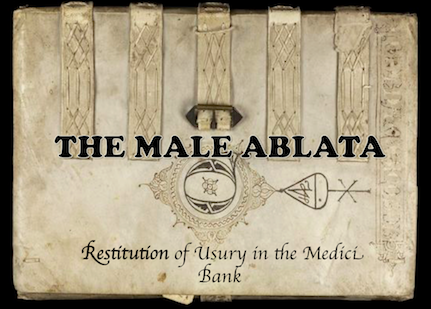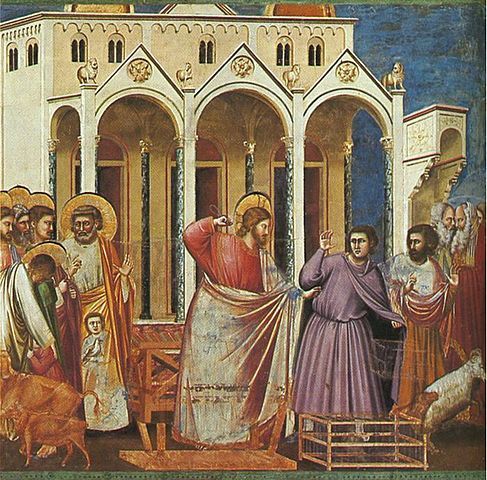What is Usury and Why Was It Condemned?
In his Questions and Disputations translated recently by Larwin Armstrong, Gerard of Siena, a prominent fourteenth-century theologian, defines usury as a form of robbery and states that “When an intention to profit or hope of profit is the principal motive for extending a loan, then this intention or hope alone renders the lender a usurer and he is bound before God to make restitution in the context of penance.”
This represents the view that most theologians held when it came to usury. So, if you lent your neighbor five florins, you should expect no more than five florins back from him. Any interest above the principal was bound to get you in hell. Usury was prohibited by a number of Biblical passages and a number of decrees issued by the Catholic Church. Biblical passages such as “Lend, expecting nothing in return” (Luke, 6.35); “Take thou no usury of [thy brother] ” (Levicitus, 25.36); and “Unto a stranger thou mayest lend upon usury; but unto thy brother thou shalt not lend upon usury” (Deuteronomy 23.20) paved a clear pass for later theologians to condemn and prosecute usury among Christians.
Many church fathers, including St. Augustine and St. Thomas Aquinas, condemned usurers for selling time and producing money out of money. Similarly, Saint Anselm and Peter Lombard say that a usurer is a thief who robs God, and Thomas of Chobham specifies that the usurers are thieves of time, which is God’s property.

